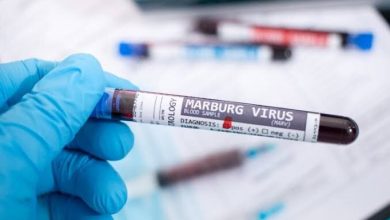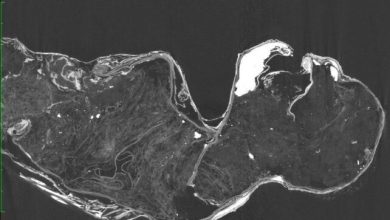
Informants / Khorasan Razavi Researchers at King’s College London have turned to Qovid-19 mRNA vaccine technology to develop the first treatment to prevent heart attacks. They used mRNA to deliver genetic markers of specific proteins into the injured pig’s heart and stimulate the growth of new heart muscle cells.
“We use the same modern Pfizer technology and vaccine to inject microRNA into the heart, reaching the remaining heart cells and increasing their proliferation,” said Mauro Giacá, lead researcher of the research, according to Fritinck. New cells replace dead cells, and the patient has new muscle tissue to compensate for the damage.
Researchers are working on the same technology behind Pfizer and modern vaccines to create the first drug that kills a heart attack.
The World Health Organization estimates that heart disease is the leading cause of death worldwide, with in 2019, 17.9 million people live with cardiovascular disease, accounting for nearly a third of all deaths. Of those, 85% eventually died of heart attacks and strokes.
Heart attacks occur when blood flow to parts of the heart is blocked, often due to deposits of fat or cholesterol. Cardiac muscle cells, the amazing little power plants that can ruin your life, can’t stand hypoxia and can become damaged or even die. We are all born with a certain number of muscle cells in our hearts, which are exactly the cells we die for. In fact, the heart cannot repair itself after a heart attack.
To develop treatments for heart failure, researchers have turned to mRNA, which directs cells to make proteins. If cyclists and modern vaccines instruct cells to produce the SARS-Coo-2 protein and boost the immune system against viruses, the same technology could tackle potential attacks by encoding proteins that stimulate the growth of new viruses. slowly.
In an experiment conducted on pigs (near the human heart), mRNA stimulated the growth of new heart cells after a heart attack, regenerating damaged tissue and creating new functional muscle rather than damage.
The use of mRNA in this method is called “genetic tracking” because it tracks the progress of the mRNA through the new proteins it produces.
Vaccine technologies are being developed for pathogens such as AIDS, Ebola and malaria, and cancer vaccines for autoimmune and inherited diseases.
The researchers used mRNA to provide instructions for specific proteins in the affected pig’s heart that stimulate the growth of heart muscle cells. Although the treatment for heart failure has only been successfully tested in pigs, the group hopes to begin human clinical trials in the next few years.
end of message /










